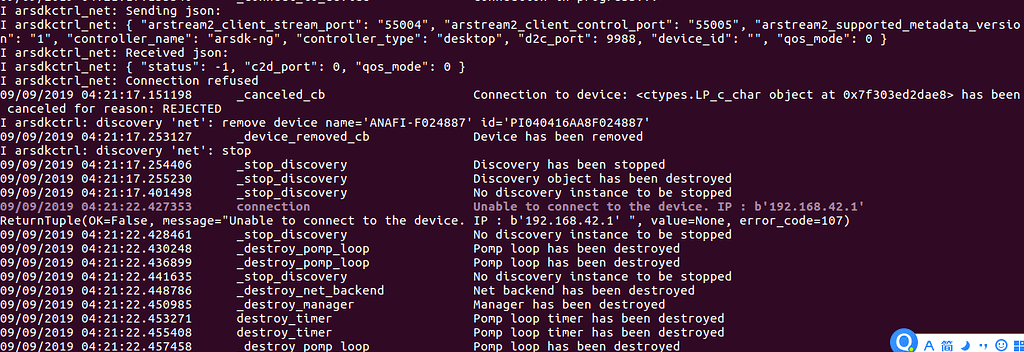
The nxd service will then be automatically respawned. The nxd service will then be automatically respawned.This can be verified by executing these commands: To do that:ġ) Retrieve pid () of current nxd process from the output of this command:

If for some reasons the nxd service needs to be restarted and the 'nxserver -restart nxd' command doesn't help because of an inconsistent status of the process, it's possible to manually terminate the current nxd process and start a new one. Connected clients will stay connected to their sessions while nxd is stopped or restarted. Running sessions or disconnected session are not affected by a stopped nxd, just new connection by NX protocol will be not possible.

Might be worth checking if you (or anybody else that gets a connection refused errors) that have multiple network interfaces, to which the port is binding to. If the nxd service is not running for some reasons, the client will receive a message like this: https -bind-host0.0.0.0 property to get the service to listen across all network interfaces. Oct 12 22:58:41 system teamd_team0: Remapped hash "108" (delta 4134) to port enp3s0f1.The Network Server for accepting connection by NX protocol is nxd and is listening on port 4000 by default,
Nomachine error 107 connection refused update#
What about logs like these: Oct 12 22:58:41 system teamd_team0: stats update for hash "45": "289262471". So in order to avoid this add the rule directly in nf above the line of remote syslog sending configuration. You can see all the ports listening on your server by running this command: sudo lsof -i -n -P grep LISTEN. In the event that port 22, or the custom SSH port for your server, has been closed, you will likely see a Connection refused error. Note In case above rule only works for local syslog logging(/var/log/messages) but doesn't work for remote syslog server then we can understand this rule is read after syslog events are sent to syslog server. For this reason, unused ports are often closed to prevent attacks. Then restart the rsyslog service systemctl restart rsyslog To suppress these log entries in /var/log/messages, create a discard filter with rsyslog, e.g., run the following command: echo 'if $programname = "systemd" and ($msg contains "Starting Session" or $msg contains "Started Session" or $msg contains "Created slice" or $msg contains "Starting user-" or $msg contains "Starting User Slice of" or $msg contains "Removed session" or $msg contains "Removed slice User Slice of" or $msg contains "Stopping User Slice of") then stop' >/etc/rsyslog.d/nf I need to configure an smtp server (I dont care which one) such that mail sent to the the server has its destination address (to field) re-written, replacing anything (.) that was there with a fixed set of addresses, and then have the email sent on to the actual email server for delivery to those addresses. These messages are normal and expected - they will be seen any time a user logs in EoRaptor posted: Okay, so here is a stupid question. Jul 24 09:00:02 systemd: Started Session 151 of user root. Jul 24 09:00:02 systemd: Starting Session 151 of user root. Jul 24 09:00:01 systemd: Created slice user-0.slice. Jul 24 08:50:01 systemd: Started Session 150 of user root.

Jul 24 08:50:01 systemd: Starting Session 150 of user root. On my RHEL7 newly installed system I am seeing the following in /var/log/messages all the time Jul 24 08:50:01 systemd: Created slice user-0.slice.


 0 kommentar(er)
0 kommentar(er)
